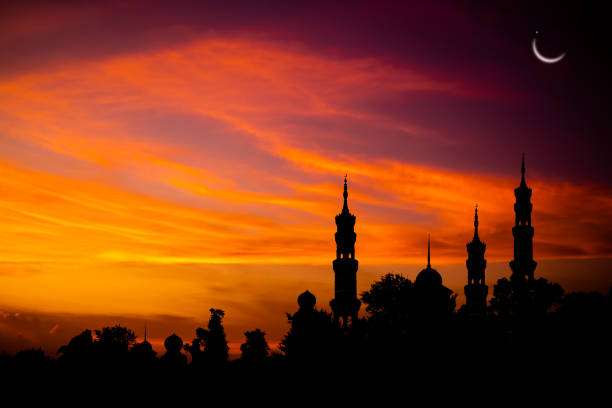MUHAMMADIYAH.OR.ID, YOGYAKARTA – Islam stands out among the many religions in the world because of its strong foundation and divine teachings.
Mahli Zainuddin Tago delivered this message during a preaching at K.H. Ahmad Dahlan Mosque, Universitas Muhammadiyah Yogyakarta (UMY), on March 14. He began by reciting Surah At-Taubah verse 33, “He is the One Who has sent His Messenger with ˹true˺ guidance and the religion of truth, making it prevail over all others, even to the dismay of the polytheists.”
“The world is home to hundreds, maybe even thousands, of religions,” Mahli said, encouraging the audience to reflect on this diversity.
Mahli pointed out that religious studies programs exist at universities worldwide, such as the Comparative Study of Religion programs at major institutions, including UIN Sunan Kalijaga.
“In Indonesia, we officially recognize six religions: Islam, Catholicism, Protestantism, Hinduism, Buddhism, and Confucianism. But, in academic studies, there are also hundreds of indigenous belief systems,” explained Mahli.
Mahli highlighted some of these traditions, such as Parmalim in North Sumatra, which has influenced Batak Christian practices, and Kaharingan, practiced by the Dayak people. In Java, various mystical and spiritual traditions are also considered forms of indigenous religion.
“Religion, from a scientific perspective, is defined as a belief in the unseen. This has led to a wide range of concepts about God,” said Mahli.
Despite this diversity, Mahli emphasized that Islam holds a unique and superior position. “Its strength lies in two aspects: the source of its teachings and the content of those teachings,” stated Mahli.
Mahli explained that the Quran, as a direct revelation from Allah, is an unmatched source of guidance. “This is a broad topic, but in short, the Quran is authentic and unchanged,” he asserted.
Focusing on different beliefs about God, Mahli outlined the progression of human understanding, from primitive beliefs to the highest form of monotheism.
“The most basic beliefs are animism and dynamism,” he explained, sharing an experience from his childhood in Kerinci, Sumatra. “In the past, tigers weren’t just seen as wild animals. They were believed to have supernatural powers. If we saw tiger tracks in the forest, we weren’t allowed to say ‘a tiger passed by’ but had to say ‘a grandmother walked by.’ It was a way to control fear of both the tiger itself and the unseen forces people believed in.”
He noted similar beliefs among the Dayak people that animals or objects like birds and weapons were considered sacred and believed to hold spiritual power.
Moving up the scale, he described polytheism that people worship multiple gods. “For example, many believe Nyai Roro Kidul, the mythical ruler of the South Sea, controls the fierce waves along Java’s southern coast,” he explained. “Interestingly, there’s no ‘Nyai Roro Lor’ or ‘Nyai Roro Wetan’, only in the South.”
Next, Mahli introduced henotheism, a belief system that acknowledges many gods but prioritizes one above the rest. “At Prambanan Temple, the largest statue is of Shiva because the temple was built by Shiva worshippers. Other gods are respected, but Shiva is the most important,” he said.
Finally, Mahli emphasized monotheism as the highest and purest belief system.
“There is only one God. It’s impossible for multiple gods to share power—God is absolute. In a university, there is only one rector. In a country, there is only one president. So logically, in the universe, there can only be one Supreme Being,” he stated. “This is Islam’s superiority. Its concept of God is purely monotheistic.”
Mahli reminded the audience to be cautious of beliefs that might contradict monotheism. “Some people still fear wearing green at the beach because of Nyai Roro Kidul, or refer to ‘grandmother’ when they see tiger tracks. These may seem harmless, but they can lead to shirk—associating partners with Allah—which is the greatest sin if not repented for,” he warned.
He ended with a lighthearted but meaningful reminder: “Be careful not to let your shahada become invalid. It’s like your bank account—if it’s empty, no more rewards will be added!”











